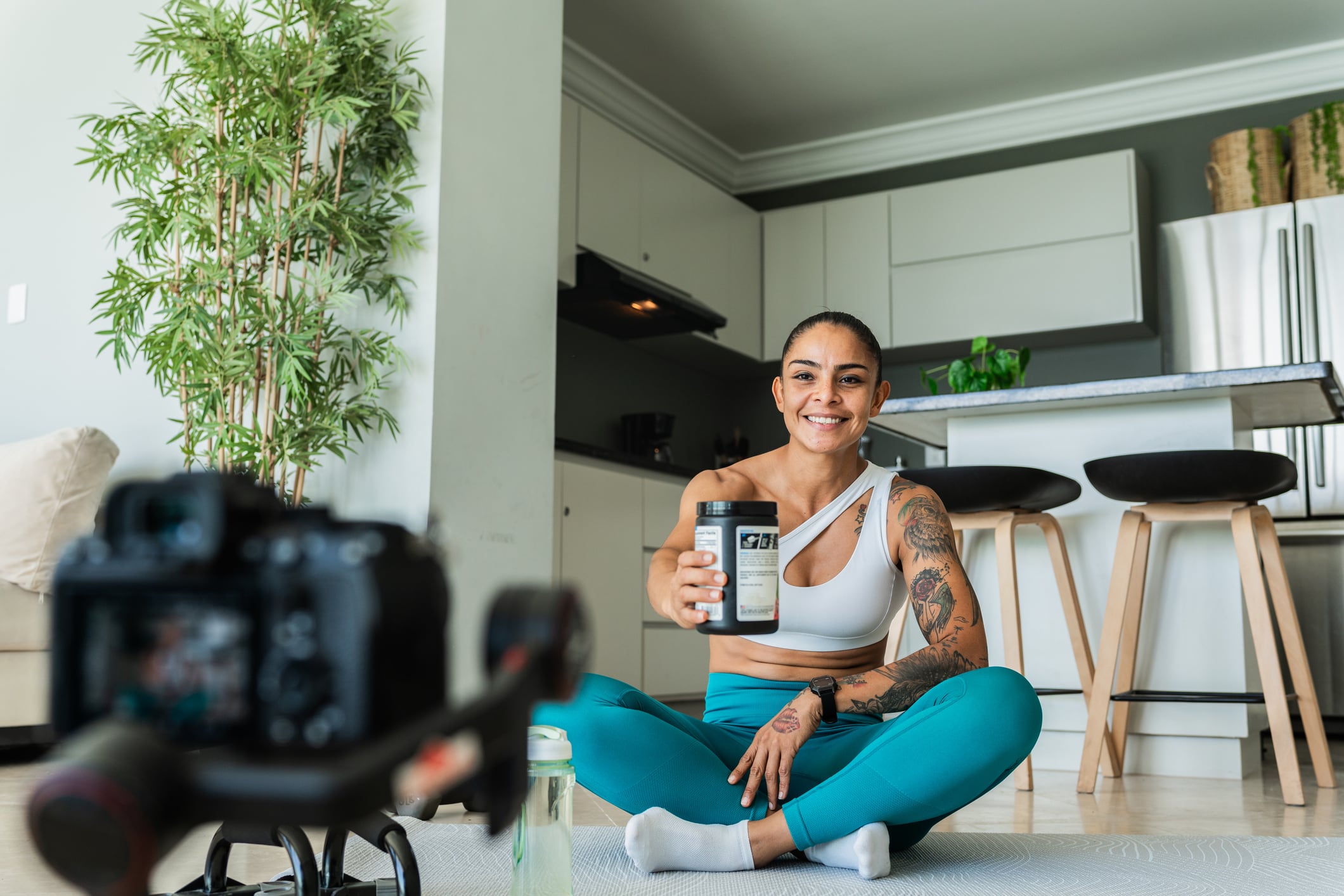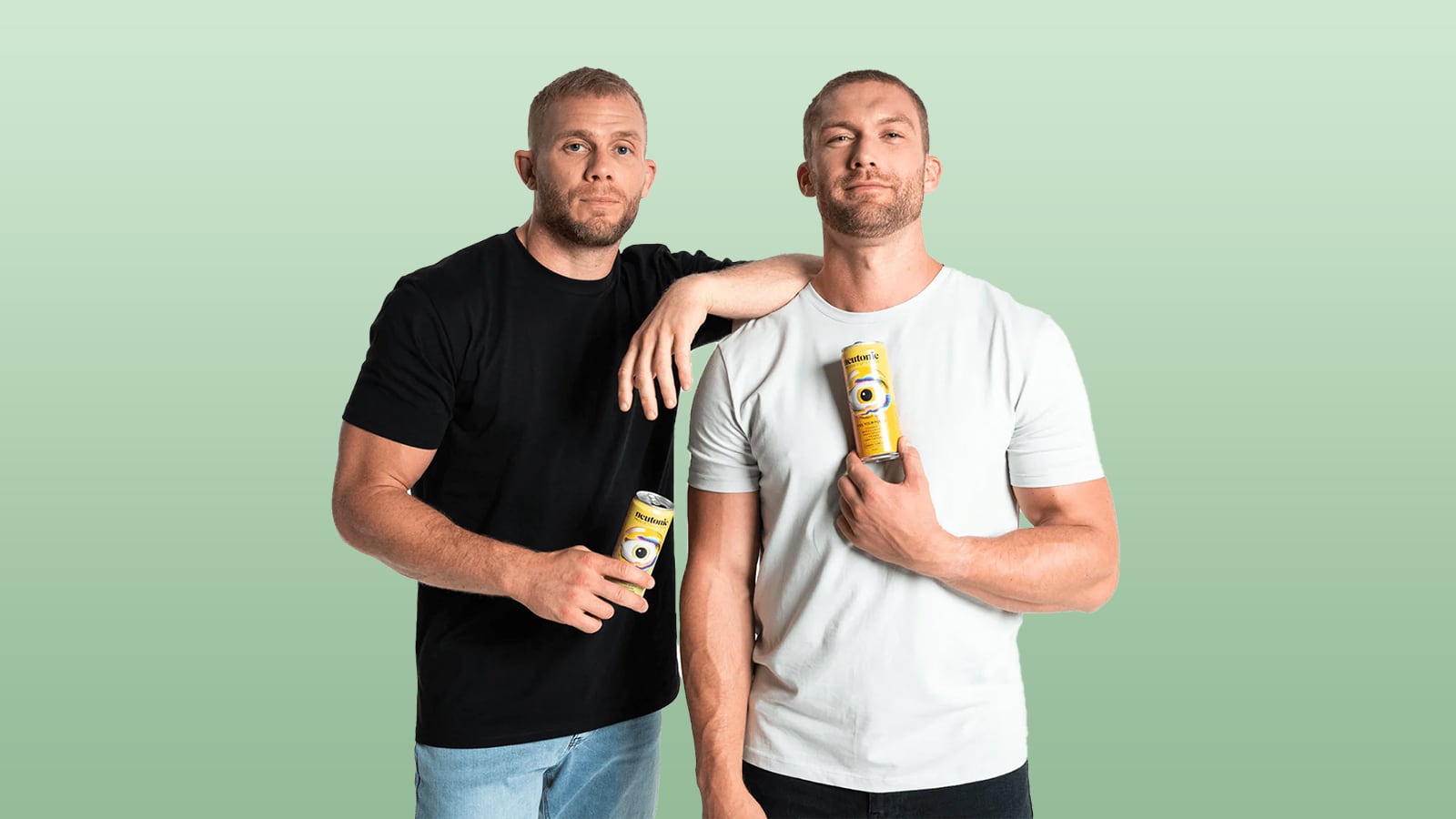Social media is one of the most dominant forces in how consumers, particularly younger ones, discover, evaluate and purchase wellness products today.
As reported by Mintel in May 2025, “four in ten (41%) U.S. consumers agree that social media influencers inspire them to make positive life changes, a 24% increase from 2022 (33%).” Among Gen Z and Millennials, that number jumps to 60%.
Furthermore, the report noted that 35% of all U.S. online personal wellness shoppers report learning about new personal wellness products through social media.
A push towards the positive
Jason Praw, senior director at Mintel, described the opportunity plainly in the May report.
“Social media influencers are reshaping how consumers manage their personal growth and development,” he said, adding that “brands should focus on partnering with the right influencers for their target audiences to effectively build credibility, foster engagement and drive meaningful connections.”
Health and supplement companies are taking note. Mary Beech, chief growth officer at Thorne, told NutraIngredients that “social media has transformed how people discover and engage with health and wellness information.”
At Thorne, she added, “we see this shift as a unique opportunity to make health conversations more relatable, accessible and inclusive all while empowering influencers with accurate, science backed information.”
Misinformation and misuse
But as influencer-driven marketing scales, so does scrutiny. The same platforms that drive discovery can also disseminate misleading health advice, exaggerated dosage claims, and unsubstantiated benefits.
A report from non-profit organization Truth in Advertising highlighted the stakes: “The wellness industry, worth $5.6 trillion in 2023, is only expected to grow thanks in large part to influencer-driven promotions on social media.” Yet, “‘wellness influencers’ appearance of authenticity and ability to connect with consumers... puts them in a unique position to sell products to their followers,” including high-risk ones.
According to TINA, the now-infamous case of former influencer Belle Gibson remains a cautionary tale. Gibson built a global wellness brand on the false claim that she had healed her brain cancer through diet.
“A 2015 investigation conducted by Australian journalists revealed Gibson had been lying about her cancer diagnosis all along,” TINA confirmed, and she was fined by an Australian court.
TINA also flagged influencer Brian Johnson, known as “The Liver King,” for selling supplements under pretenses. Despite claiming his physique was the result of an “ancestral” raw meat diet, he was found to have spent over $11,000 a month on steroids.
“The lies and misinformation propagated by Belle Gibson and The Liver King are just two examples of how wellness influencers can pose a serious risk to the health of their followers while simultaneously picking their pockets,” TINA’s report concluded.
Overdosing on influence
As previously reported by NutraIngredients, a 2024 study published in Naunyn-Schmiedeberg’s Archive of Pharmacology analyzed Instagram posts from German influencers and found “as many as two-thirds of the intensively advertised vitamin and mineral supplements exceeded the recommended maximum daily amounts.”
Few disclosed overdose warnings or side effects. “Influencers on Instagram disinform rather than inform consumers on dietary supplements, opening the door for intoxications,” the researchers wrote.
Katia Merten-Lentz of Food Law Science & Partners warned of “a perfect storm brewing between influencers and brands.” She added, “Regulators need to raise awareness among brands and influencers that regulated products remain subject to the same rules to minimize the spread of disinformation on social media.”
The case for credibility
For brands operating in the dietary supplement space, the challenge is to navigate this volatile environment without compromising trust. Companies like Thorne are working to create guardrails, Beech told NI.
“We work cross-functionally across our medical affairs and legal teams to ensure everything we share with influencers... reflects our values and scientific rigor,” she said.
But industry-wide, more is needed.
“It is obvious that influencers on social networks have reshaped traditional commercial communication,” Merten-Lentz told NI. “They are supposed to comply with all the rules... however, many take an overly flexible approach to their role, [and] this can harm both the target audience... but food business operators as well.”
As regulators in Europe and the United States begin implementing stricter penalties, including fines of up to €300,000 and prison sentences for deceptive influencer content in Europe, and fines of up to $51,744 per violation in the United States, it is crucial that nutrition and supplement brands take responsibility for how their products are promoted online.





